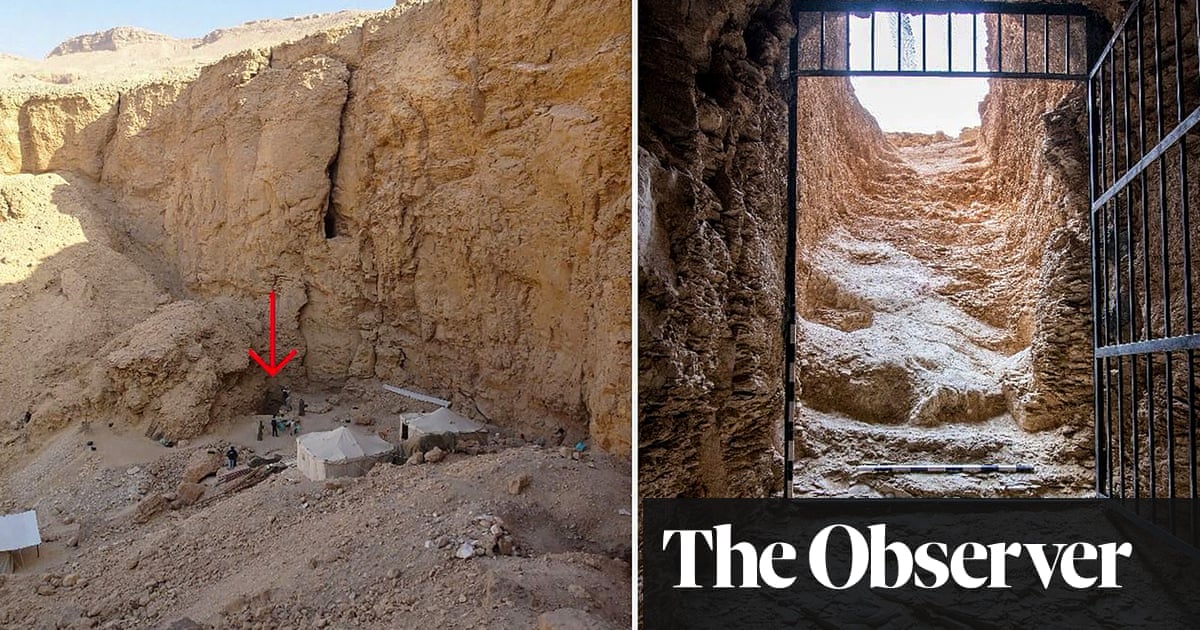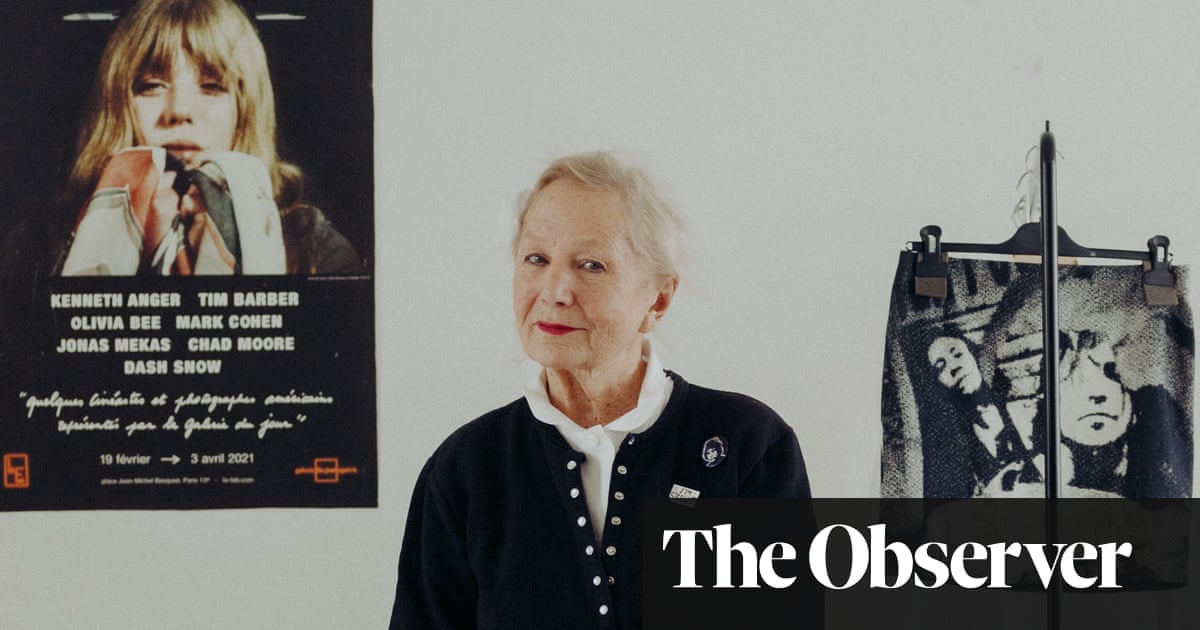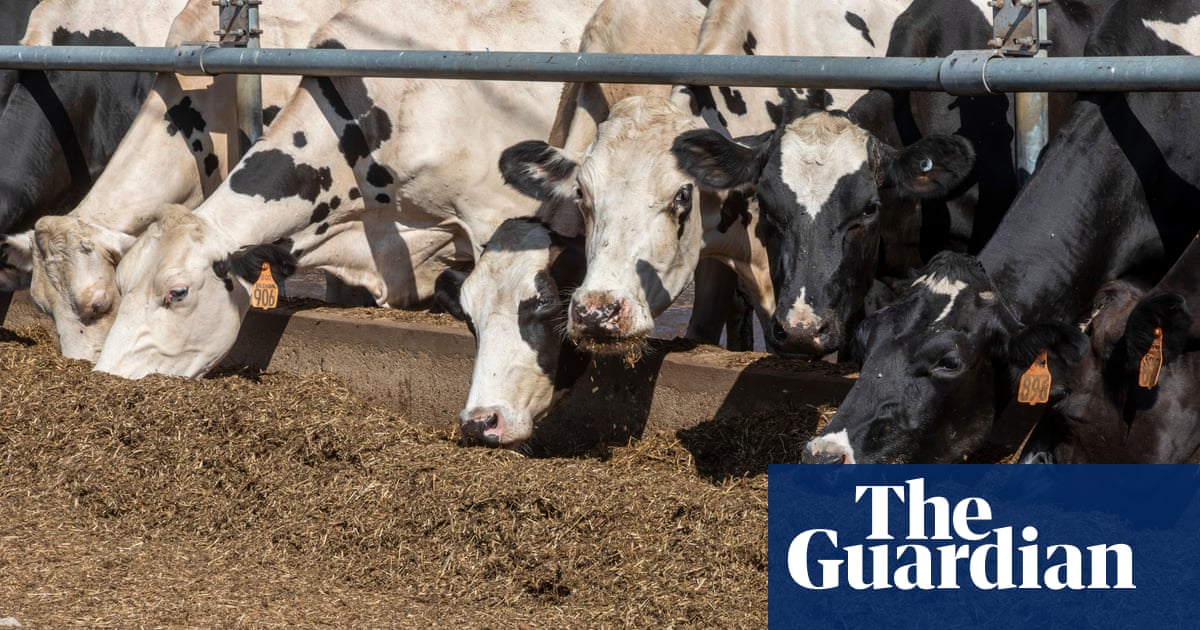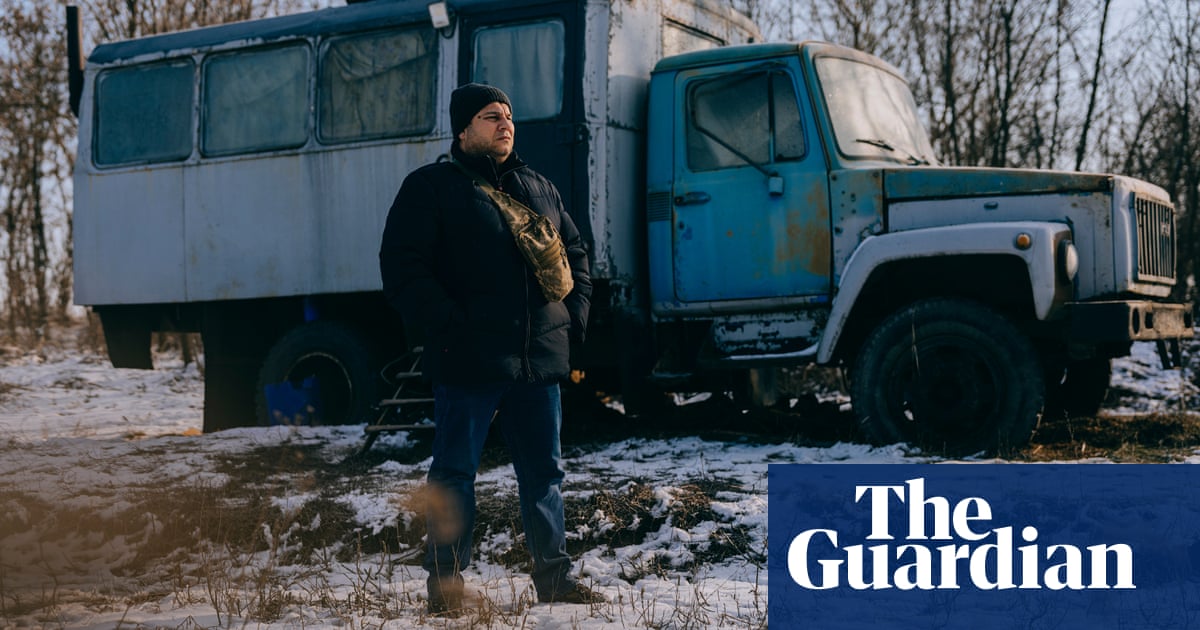Andrew Miller is a master of nuance, expert at exploring the various chambers of the human heart. In his Impac-winning debut, 1997’s Ingenious Pain, the protagonist is a doctor incapable of sensation, while in the Booker-shortlisted Oxygen, a Hungarian exile is plagued by a mistake in his past. In The Crossing, scientist and sailor Maud Stamp chooses the loneliness of the ocean over the trappings of convention; while the demands of a vocation take on more visceral form in the Costa-winning Pure, in which engineer Jean-Baptiste Baratte is charged with clearing an overfilled Parisian graveyard just before the Revolution. Now, in The Land in Winter, Miller turns to the difficulty of loving in an unlovely world.
The book opens with a tragedy: a young man’s suicide at night, in the basement of an asylum, his body discovered by an older man who is woken by his absence from the ward. Both are inpatients, and neither – it turns out – is a protagonist in the novel at hand. We will return to them, but only in so far as their fates cross over with the primary characters we are about to meet. Their actions in this first chapter, however – their presence in the hospital and their deep unease with all that lies beyond – underpin everything to come.
What unfolds from here is ostensibly a story of two couples over the course of one very cold English winter. It’s December 1962 and Eric Parry is a young West Country GP; Birmingham-born, he moved in boyhood “from the rough centre to its smarter suburbs”, and he’s still unsure where he belongs, conducting his rounds as a country doctor at one remove. His wife, Irene, is all at sea in their rural cottage, far from her old life in literary London, with little to do but plan a Christmas drinks party and wonder at her still new husband’s detachment.
Their nearest neighbour, Bill Simmons, is a farmer, but only since last year when he bought his few acres and an awkward bull, spending “certainly more than he could sensibly afford”. He’s a dreamer, a drifter in search of solid ground, or maybe “a rich man’s son playing at farming for reasons of his own”. His wife, Rita, is even more of a conundrum. A year ago, she worked as a dancer in a Bristol nightclub; now she’s a farm wife, much to her own bemusement, eating spaghetti with her fingers from the pan, reading paperbacks on the floor by the Rayburn, delighted, surprised and frightened by her own life.
Laying out the four of them like this may indicate some of the dynamics at work: the vicissitudes of class and gender; the nervous currents beneath the surface of lives that appear to be running smoothly. But it doesn’t do the characters – or the writer – justice. Each figure Miller conjures is far more than the sum of its parts. When Eric’s lover tells him he’s a good doctor and a good man, we feel she could be right; but when he replies “In fact, I’m not sure I’m either,” we fear he might be too. Rita is especially well drawn: appealing in her seeming ease, lazy and warm in her husband’s socks and pyjamas. Her capacity to disappear into her inner life is beguiling – a welcome buffer against the chill of the outer world – but it’s also this that makes her vulnerable.
It is Rita and Irene who form a connection: a friendship as unlikely to both as it is spontaneous and warm. At the Parrys’ ill-fated Christmas party, Rita is a hit with Irene’s London pals – a fact that amuses them both. After the blizzards come at new year, the women build a snowman on the rise between their two cottages, working “with their heads almost touching, their breath in clouds, their shadows blue and restless over the broken snow”.
Both are at an impasse and know it; both are also pregnant, so their lives and marriages will be changed soon, for good or for ill – this is the novel’s main driver. The winter is the remaining gear in its unsparing machinery: not just the cold that refuses to break, but also this particular winter, at this particular juncture in English history. Rationing is over, but life is still lived by bar fires, under counterpanes, smoking Woodbines. Eric is just old enough to have undergone RAF training, and relieved that the war “had the good grace to end” before he was called up; Rita’s dad, though, served in the British army and saw far worse than he bargained for in a German forest between the Weser and the Elbe. Gabby Miklos, Eric’s GP partner, is an émigré from Mitteleuropa; Bill’s father is also an arrival from that darkness. Now a Rachmanite landlord, he is “the stowaway, the spy, the survivor” – even his son is unsure of his history, and would rather keep it that way if he can help it. The war and the Holocaust are both still so recent. It is a mark of Miller’s skill that he makes spare mention of either, and yet they loom large.
Love does too, though. For all its wintry setting and cold echoes of the past, and for all that it opens with a death in an asylum, this is not a bleak book. The people in it yearn and reach; they make mistakes, too – some of them terrible. But all the while, somehow, you feel – you hope – they might find a way through.
after newsletter promotion
Can there be art after Auschwitz? Can there be peace of mind? In The Land in Winter, Miller’s characters have looked into the abyss. It makes the ordinary business of living at once very difficult and very necessary.

 3 months ago
47
3 months ago
47













































